UNESCO Regional Office for East Asia: Seeking an Inclusive Future amid Opportunities and Challenges
The Digital Leap in East Asia: A Regional Synthesis on Higher Education Transformation, released in 2025 by UNESCO and the International Centre for Higher Education Innovation under the auspices of UNESCO (UNESCO-ICHEI), outlines the digitalisation processes of higher education in China, Japan, Mongolia, and South Korea, offering recommendations for advancing educational digitalisation across the region.
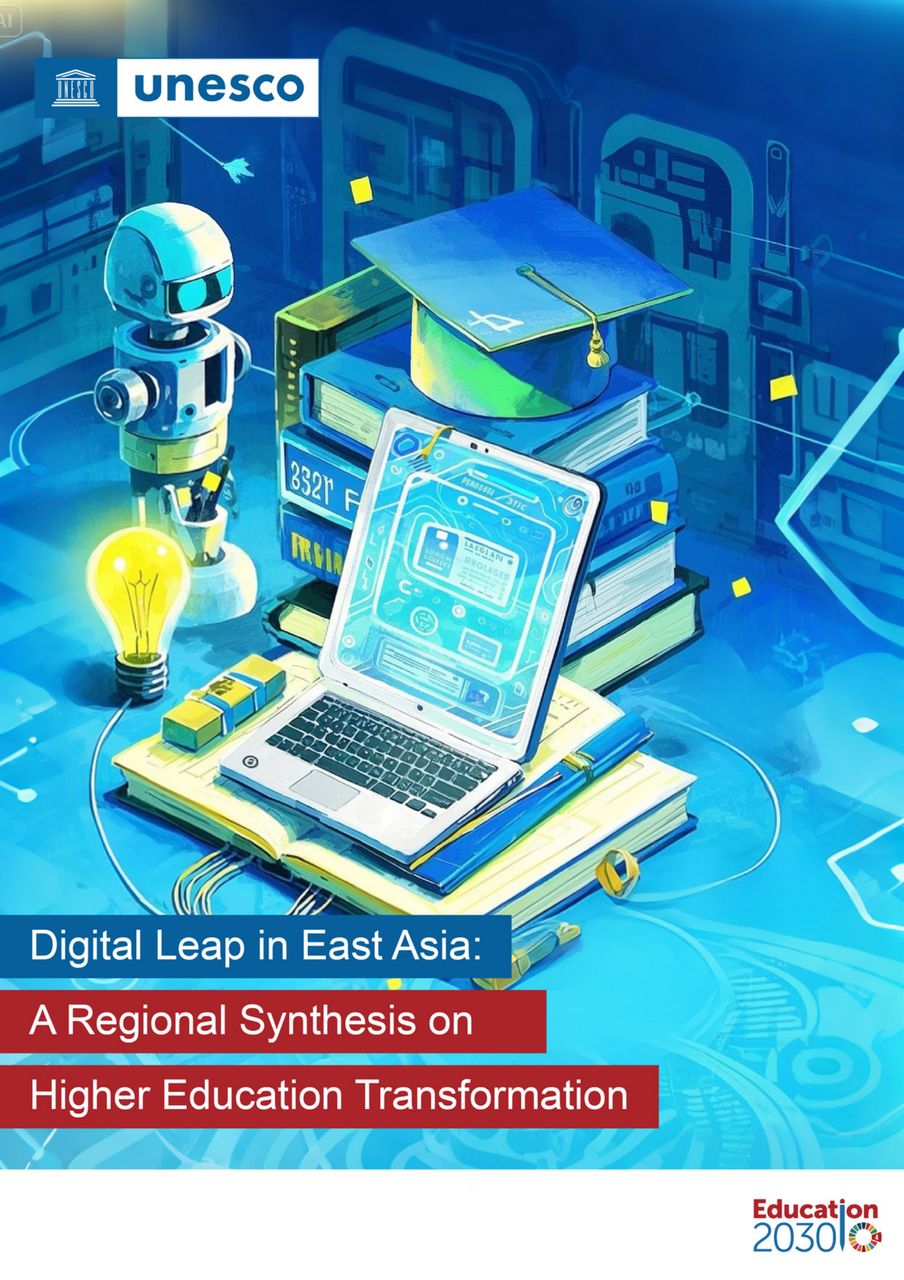
East Asian Higher Education AI Policy Highlights
While AI is reshaping the global education landscape, East Asian countries have demonstrated a leading position. It benefits from the emphasis and investment of national governments in optimising educational resources, upgrading digital teaching, cultivating future-oriented competencies, and adhering to the principle of inclusive development, as well as close government-university-industry trilateral collaboration. These countries share distinctive commonalities in building robust digital infrastructure to ensure educational equity and inclusion, establishing lifelong learning systems and enhancing citizens' digital skills, and creating education provision systems centred on talent cultivation.
Government of China has formulated comprehensive strategic plans and regulatory systems, established effective management mechanisms. The government doesn't regards technological investment as merely fiscal expenditure, but the key driver of educational transformation. In higher education digitalisation, China has developed a sound policy framework. Policies such as the Action Plan for 5G Applications have been introduced in recent years to strengthen digital infrastructure in the education sector. In 2024, the "101 Plan" for AI was launched to promote world-class courses and high-level teaching teams in AI. In 2025, the China's White Paper on Smart Education was released, innovatively proposing the "3N" approach to educational digital transformation—New Stage, New Standard, and New Ways, focusing on integrated planning of education digitalisation, utilisation of smart education public service platforms, and AI empowerment in education. In August 2025, the State Council issued the Opinions on Deeply Implementing the 'AI+' Initiative, calling for the integration of AI into all elements and the entire process of teaching and learning, and encouraging innovative human-machine collaborative models such as intelligent learning companions and smart teachers, to improve education quality and promote educational equity.
Government of Japan has also introduced a series of policies and strategic initiatives, demonstrating its determination to advance the digital transformation of education. In 2024, the Ministry of Education, Culture, Sports, Science and Technology (MEXT) updated the certification system for the "Mathematics, Data Science, and AI Education Programme" requiring higher education institutions to integrate data science and AI into their curricula. It aims to equip students with foundational digital knowledge in AI and related fields, enabling them to apply these skills within their respective academic fields. In 2025, the Diet of Japan passed the Act on the Promotion of Research and Development and the Utilisation of AI-Related Technologies, which encourages higher education and research institutions to actively participate in AI research, disseminate outcomes, cultivate talent, and align with government policies, while also highlighting the promotion of AI literacy and public awareness as a policy priority.
Government of South Korea has consistently taken the lead in higher education by strategically applying educational technologies, cultivating digital skills, and advancing personalised learning. In 2024, the National Assembly of the ROK passed the Framework Act on the Development of Artificial Intelligence and Establishment of a Foundation of Trust , establishing a legal framework mandating the formulation of AI competitiveness enhancement plans every three years. The same year also marked an internalisation period guiding the education system to adapt to AI. Based on the previously published Education Policy Direction and Core Tasks in the Age of Artificial Intelligence, education authorities and relevant institutions actively promoted the integration of AI education concepts into educational practice. In 2025, the "Regional Innovation System and Education (RISE)" programme was rolled out nationwide, with local governments and universities increasingly forming partnerships. Funding was provided to higher education institutions to support research projects and curriculum development in high-tech sectors such as AI and robotics, aiming to attract international talent and strengthen global competitiveness.
The Mongolian government has identified digital transformation as a key strategy for ensuring inclusive and equitable quality education in the post-pandemic era. In recent years, Mongolia has launched the Vision 2050 and Digital Nation initiatives, which call for the development of digital educational content, open educational resources, and MOOCs, thereby advancing the shift of education at all levels toward online learning. In February 2025, Mongolia released the National Strategy for Big Data and Artificial Intelligence, outlining its plan to transition from an "AI user country" to an "AI developer country", with a focus on establishing domestic AI innovation hubs and entrepreneurial ecosystems. Leveraging its strengths in mining and renewable energy, the country is promoting the construction of energy-efficient data centres to attract global AI investment. Furthermore, Mongolia, in partnership with the Asian Institute of Artificial Intelligence and UNICEF Mongolia, launched the "National AI" programme to train 500 local government and institutional professionals as well as 2,250 teachers, with the aim of narrowing the digital divide and enhancing the inclusiveness of digital transformation.
East Asian countries, each based on their own characteristics and developmental conditions, are committed to building digital infrastructure and developing online learning resources, with varying emphases on hardware construction and curriculum development. Yet without exception, all have leveraged their unique advantages to expand educational opportunities and strengthen competitiveness through higher education digital transformation.
Transformation in Focus: The "Differentiation" of Higher Education Digitalisation
Although East Asian countries have made significant progress in higher education digital transformation and enhancing educational inclusivity based on their comparative advantages, they still face structural challenges.
Population ageing is particularly pronounced in Japan and the Republic of Korea, where the number of young people entering higher education continues to decline. In Japan, this trend has led to colleges and universities (especially local institutions) experiencing declining enrolment, being in financial crisis and even facing the choice of merging or closing. This not only threatens access for rural students, but also exacerbates educational inequality.
Meanwhile, there is a disconnect between the rapid pace of technological tools and the lagging development of pedagogical approaches to teaching and learning, and it is a challenge to ensure that these results translate into improved teaching quality and learning outcomes.
In order to deal with these problems,universities across the region have built advanced digital ecosystems, including high-speed networks, AI platforms, learning management systems (LMS), and digital libraries, while expanding access through massive open online courses (MOOCs) and virtual classrooms. These initiatives foster personalised and active learning, addressing the limitations of traditional pedagogies. Distinct national practices illustrate this diversity of innovation: China has established the world's largest MOOC repository to promote educational equity; Japan has advanced context-specific localisation strategies; and Korea has prioritised strengthening teachers' AI competencies.
Human-Centred Approach: UNESCO’s Normative and Guiding Role
To address these challenges, UNESCO reaffirms its guiding principles of human-centred, equitable, and inclusive development. At the international level, UNESCO has taken a leading role in regulating the use of artificial intelligence in education. Its AI and education: guidance for policy-makers (2021) and Guidance for generative AI in education and research (2023) aim to support both long- and short-term policymaking, ensuring that generative AI adheres to human-centred principles, safeguards education as a fundamental right and public good, and guarantees equal opportunities for all learners in the digital era.
Technology itself is neutral; its value lies in how it is applied. National AI strategies should therefore place ethical standards and equity considerations at their core. The report calls for elevating the task of "bridging the digital divide" from a peripheral concern to a policy priority, ensuring that the benefits of technological progress reach every learner. The rise of generative AI risks deepening the digital divide between the Global North and South in higher education, while in parts of East Asia, existing AI-in-education policies lack explicit measures to address this challenge. Policymakers at both national and international levels must therefore confront the risk of "digital poverty" and actively design strategies that advance justice and equity in education.
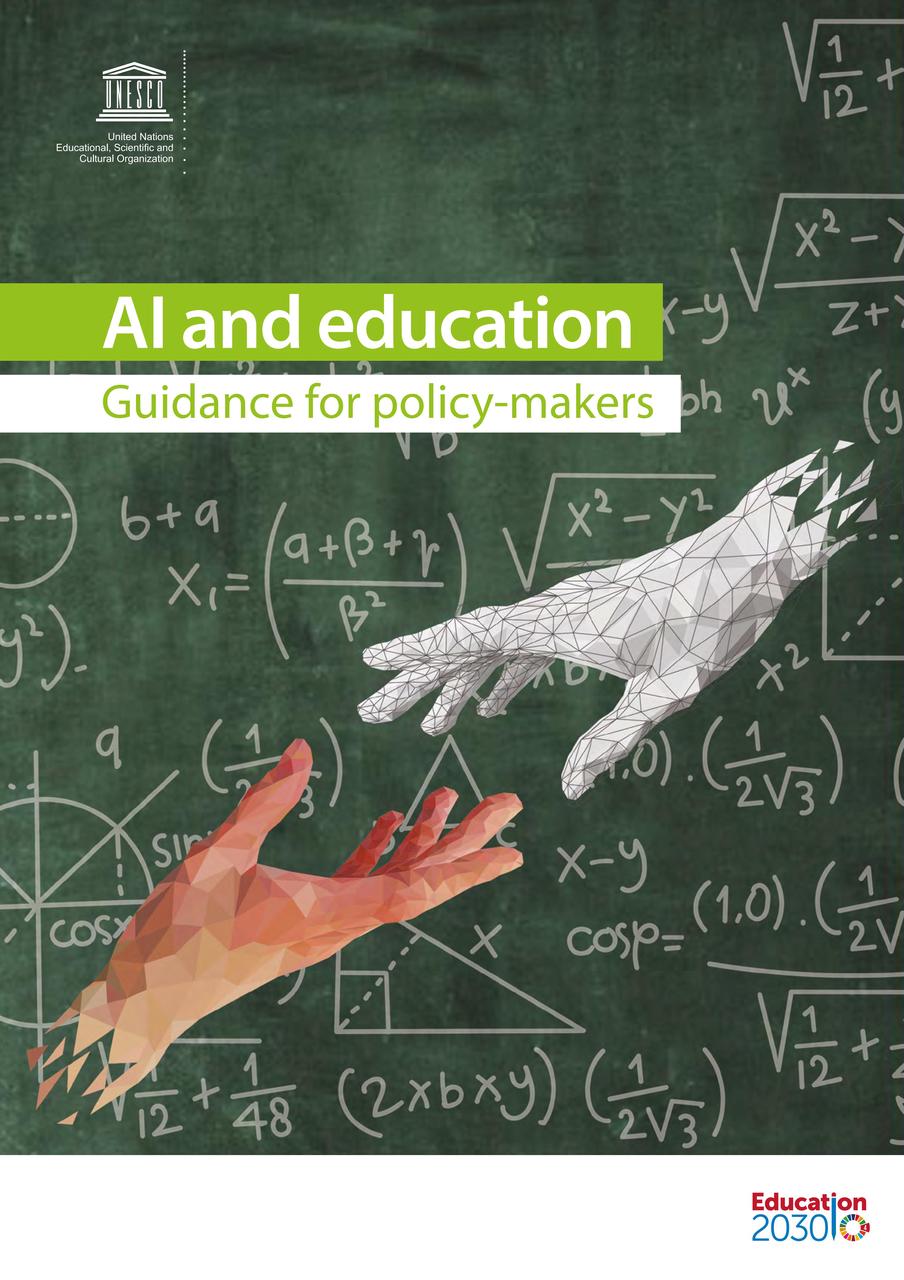 | 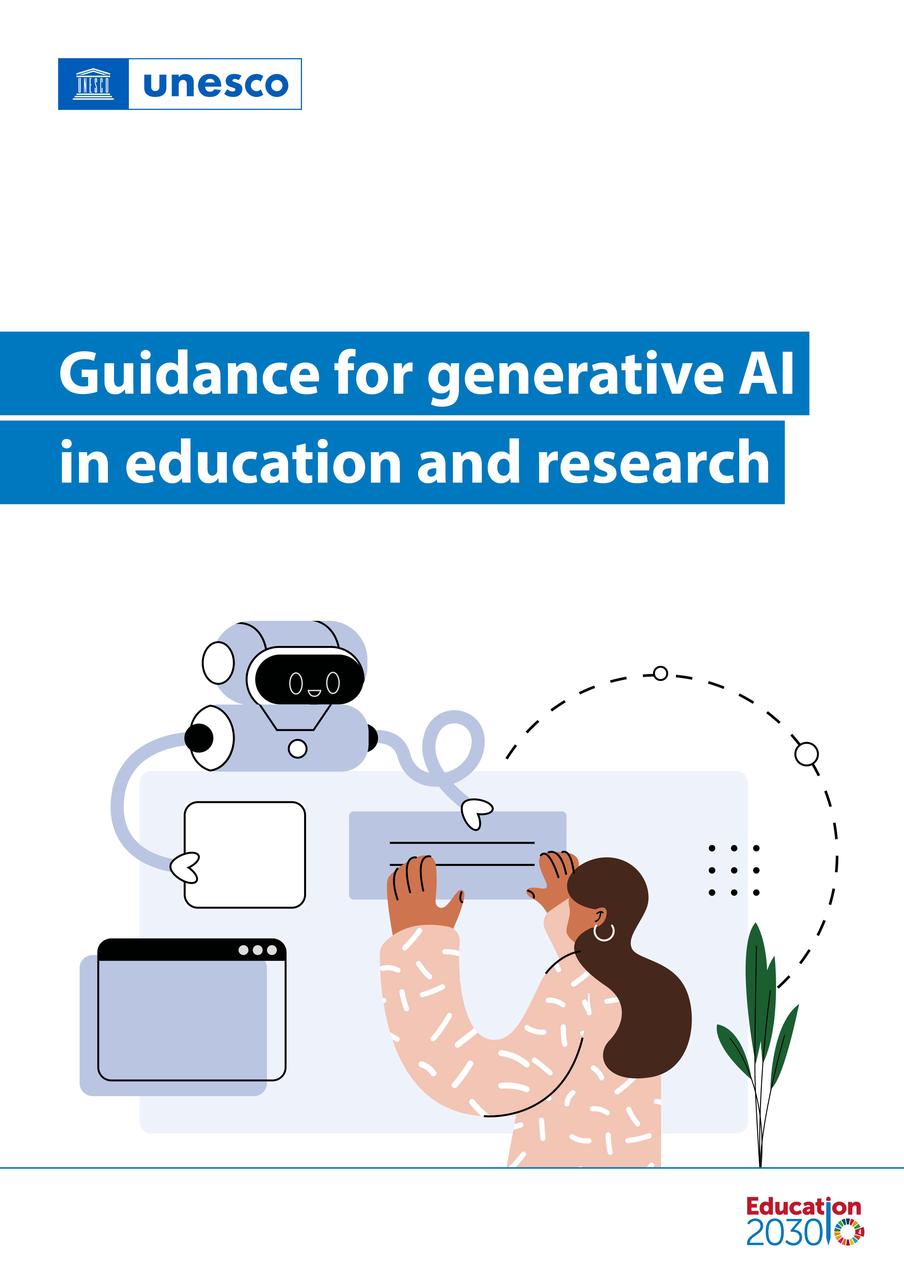 |
AI and Education: Guidance for policy-makers | Guidance for generative AI in education and research |
Global Collaboration: Building an Open and Equitable Digital Education Future
The United Nations and its specialised agencies have outlined a clear roadmap for the digital transformation of global education. The draft UN Global Digital Compact (2024) provides a framework for systemic reform, emphasising inclusive development through multi-stakeholder collaboration and placing human rights and sustainability at the core of digital governance. In parallel, guided by UNESCO's Recommendation on Open Educational Resources, the 2022 UN Transforming Education Summit affirmed virtual learning spaces as both a public good and a basic right, calling for the development of high-quality digital resources and universal connectivity.
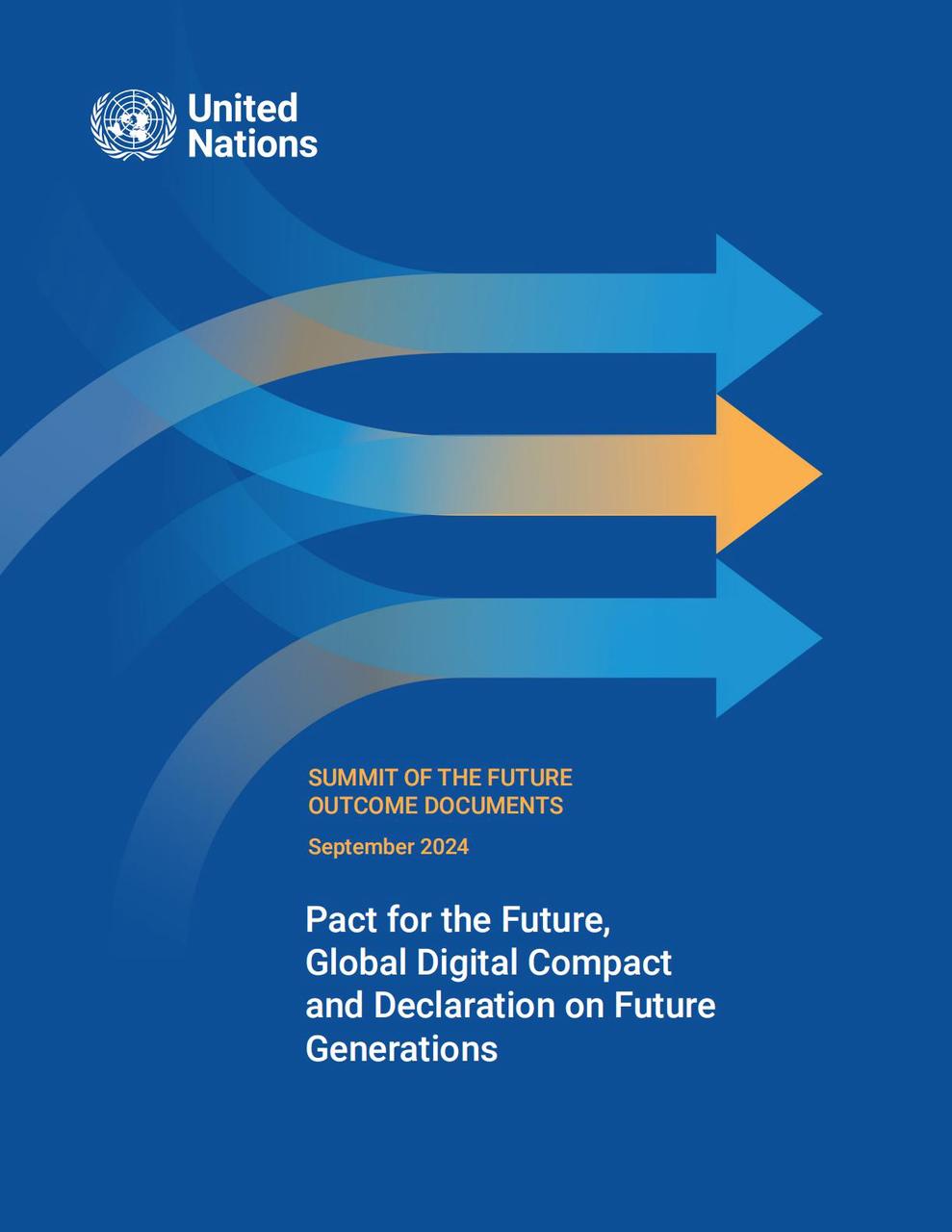
Bridging the global digital divide has become central to this vision. The UN system, multilateral development banks, international organisations, and donor countries, including China, Japan, and Korea, must expand investment in digital infrastructure to ensure stable and affordable internet access in underserved regions. Equally, UNESCO and partner agencies should prioritise the adoption of a global Digital Competency Framework for Teachers, providing standardised pathways for educators to acquire digital skills and fostering the integration of technology and pedagogy to cultivate students' critical thinking and collaboration in the digital economy.
In this process, strengthening regional and international cooperation remains essential to advancing equity, quality, and sustainability in education. UNESCO urges governments to develop robust policy frameworks, encourage cross-border institutional partnerships, and support capacity-building initiatives. By establishing regional and global mechanisms for the mutual recognition of digital credentials and micro-certifications, UNESCO can leverage its unique role in coordination and standard-setting to support the interoperability of national accreditation systems. This, in turn, will enhance the quality and reach of digital education worldwide, ensuring that no learner is left behind in this era of rapid transformation.
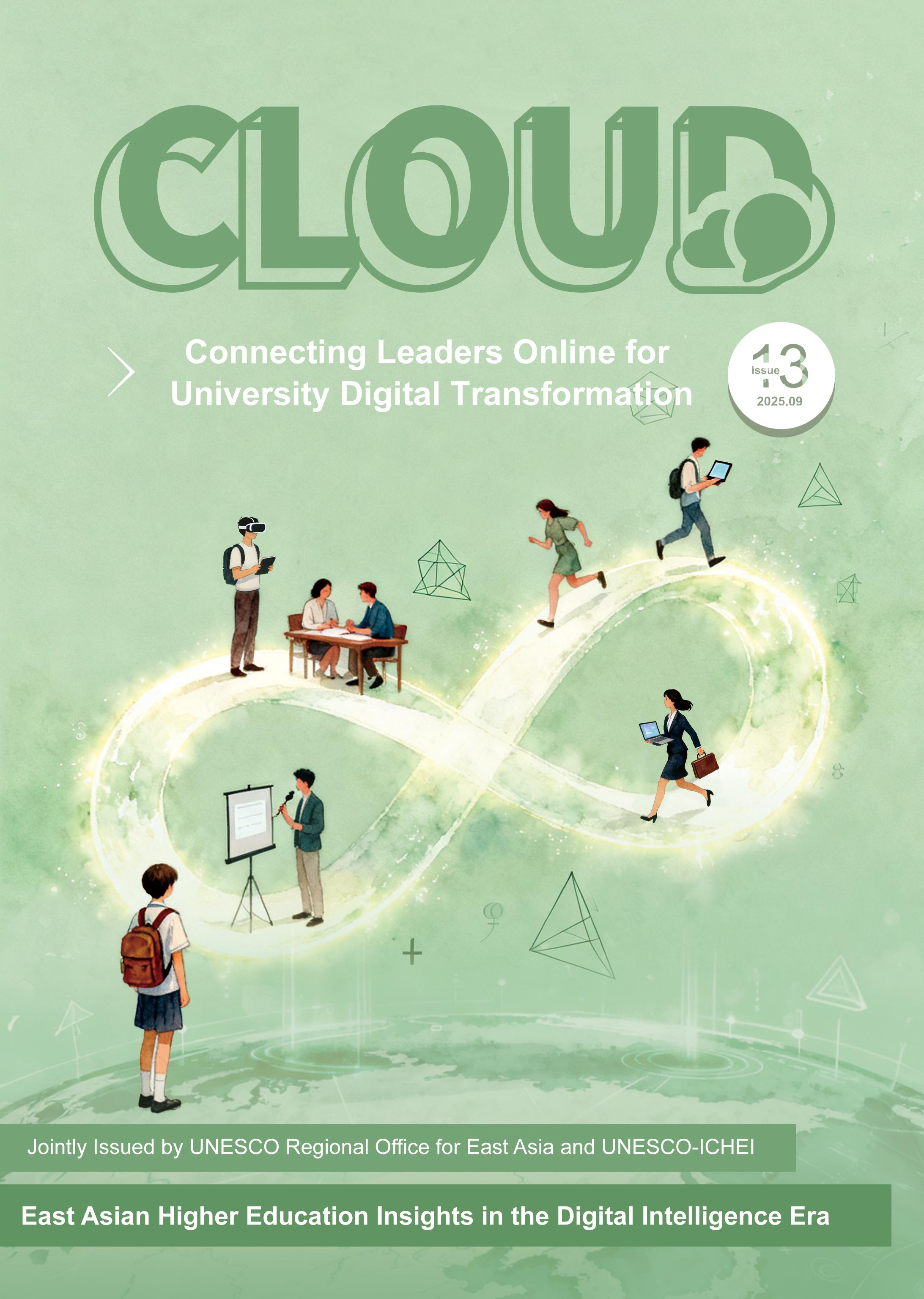
- Tohoku University: How to Address an Ageing Society through “AI + Healthcare”
- Industry Demand-Driven: South Korea's AI Talent Development Policies and Practices
- Sungkyunkwan University: Shaping Talent for the AI Semiconductor Era
- Riding the Wave: The Diverse “AI+” Disciplinary Ecosystem in Chinese Higher Education
- AI in Higher Education: Lessons from the EU
- Dialogue with CLOUD: Interview with the IIOE Mongolia National Centre
- Integrating Generative AI into Japanese Higher Education: Policy Responses, Pedagogical Practices, and Future Directions
- UNESCO Regional Office for East Asia: Seeking an Inclusive Future amid Opportunities and Challenges


